AHA
-

Vitamin D impact on disease biomarkers
In a randomized controlled trial, vitamin D supplementation did not improve biomarkers for cardiovascular and metabolic disease. Read MoreAug 10, 2021
-
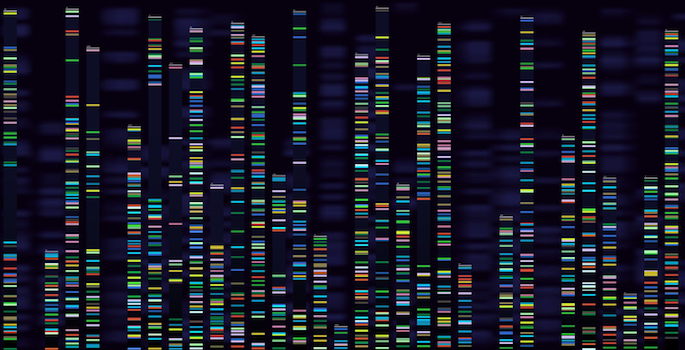
Probing statin-associated diseases with genetics
Vanderbilt researchers used genetics tools and biobanks with linked electronic health records to explore the associations between statins and noncardiovascular diseases. Read MoreJul 12, 2021
-

Heat for hypertension in autonomic failure
Heat therapy could offer a novel nonpharmacologic approach for treating the overnight hypertension that affects patients with autonomic failure. Read MoreMay 25, 2021
-
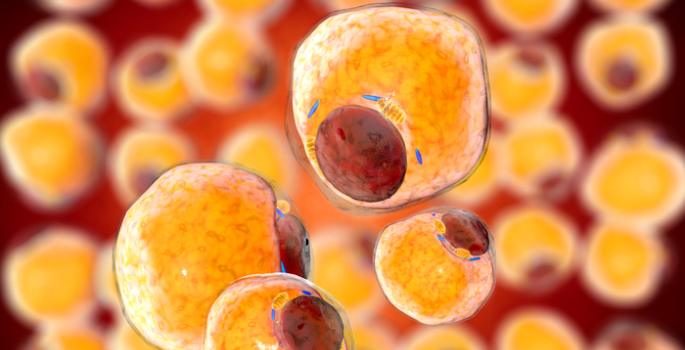
HIV, diabetes and immune cells in fat
In HIV-positive individuals with diabetes, immune cells in fat are more proinflammatory and cytotoxic and may represent a therapeutic target for diabetes. Read MoreMar 18, 2021
-

Gene variant and glucose metabolism
Genetic variation that impacts glucose- and insulin-related signaling affects responses to type 2 diabetes treatments and warrants further study. Read MoreFeb 18, 2021
-

Mitochondrial stress and hypertension
Oxidative stress and toxic products called isolevuglandins in mitochondria play a role in endothelial dysfunction and hypertension — and getting rid of them with a special “scavenger” molecule has therapeutic potential. Read MoreJan 12, 2021
-
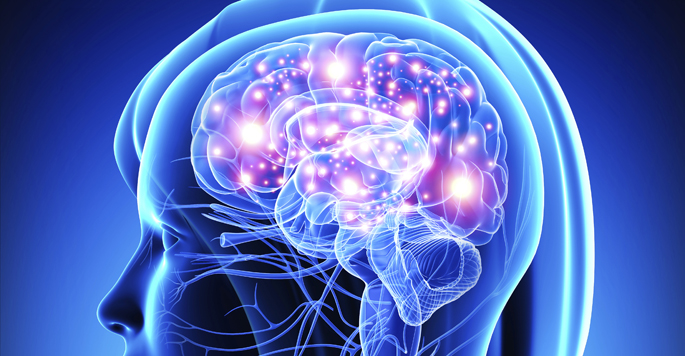
Depression and the brain-age gap
Older depressed adults show accelerated brain aging, according to a new study from Vanderbilt researchers, who suggest that the effects of depression may speed the decline in cognitive functions in older individuals. Read MoreOct 19, 2020
-

Salt, immune cells and hypertension
Excess dietary salt activates immune cells to induce inflammation and hypertension, supporting current recommendations for low sodium consumption. Read MoreAug 20, 2020
-

Soy food, metabolism and the microbiome
Consumption of soy foods may shape the microbiome and protect against hypertension only in individuals with soy-responsive microbiota, Vanderbilt researchers have discovered. Read MoreJul 27, 2020
-

‘Tuning’ cell shape for division
Dylan Burnette and colleagues have discovered that two forms of the molecular motor protein myosin have distinct roles in regulating cell shape during cell division. Read MoreApr 20, 2020
-

Protein interactions and brain function
Roger Colbran and colleagues have discovered new molecular details about the function of an enzyme with a key role in shaping learning and memory. Read MoreFeb 20, 2020
-
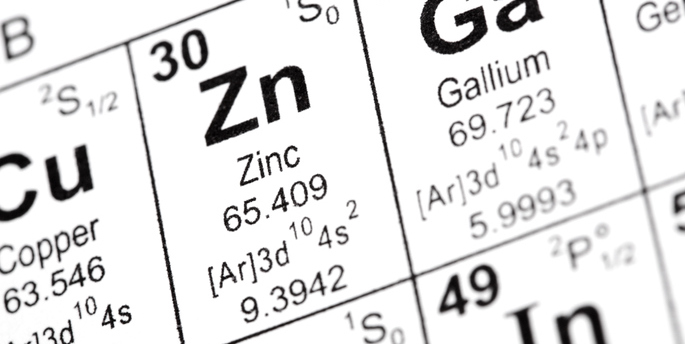
Zinc uptake by a deadly pathogen
The increasingly antibiotic-resistant bacterium Acinetobacter baumannii requires zinc to cause infection, and Vanderbilt researchers have identified the zinc uptake system it uses. Read MoreJan 13, 2020
-

Cell fate signaling
A newly identified protein interaction that affects cell cycle regulation may be an attractive target for cancer therapy. Read MoreDec 17, 2019
-

Understanding cell division
Vanderbilt researchers have uncovered another piece in the puzzle of how cells divide — a process that goes awry in cancer cells. Read MoreNov 18, 2019
-

Microscopic spines connect worm neurons
Worm neurons have microscopic “spines” — where nerve-to-nerve communication happens — that share features with mammalian neurons, supporting the use of worms to study spine genetics and biology. Read MoreOct 17, 2019
-
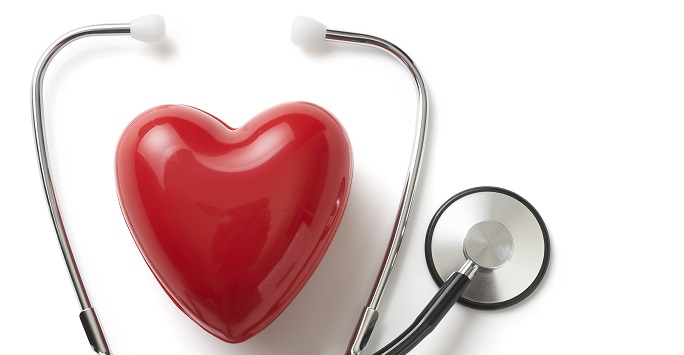
Less inflammation = better healing
Immune cells that produce an anti-inflammatory factor are enriched in fat tissue around the heart and may be good targets to improve heart attack outcomes. Read MoreOct 17, 2019
-

AI maps routes to heart disease
Machine learning on unlabeled electronic health record data has shed light on the emergence of cardiovascular disease. Read MoreOct 7, 2019
-

How salt increases blood pressure
Vanderbilt researchers have discovered that a protein called SGK1 in immune cells is activated by sodium, leading to the development of salt-sensitive hypertension. Read MoreSep 5, 2019
-
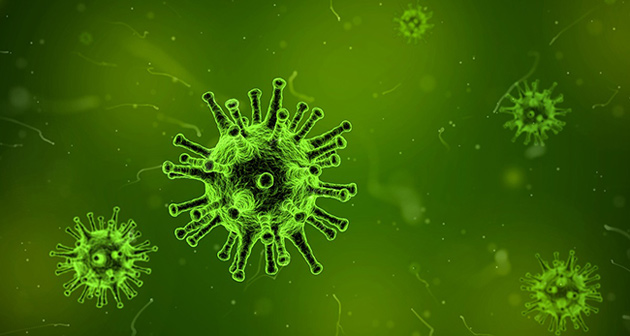
Microbiome links diet to health
Vanderbilt researchers have discovered that the gut microbiome composition modulates how dietary nutrients are metabolized, with potential downstream consequences on metabolic health. Read MoreJun 20, 2019
-

Cell-cell signals in developing heart
Scott Baldwin and colleagues have discovered early signaling events during heart development, findings that could guide cell replacement therapies for heart disease. Read MoreJun 10, 2019